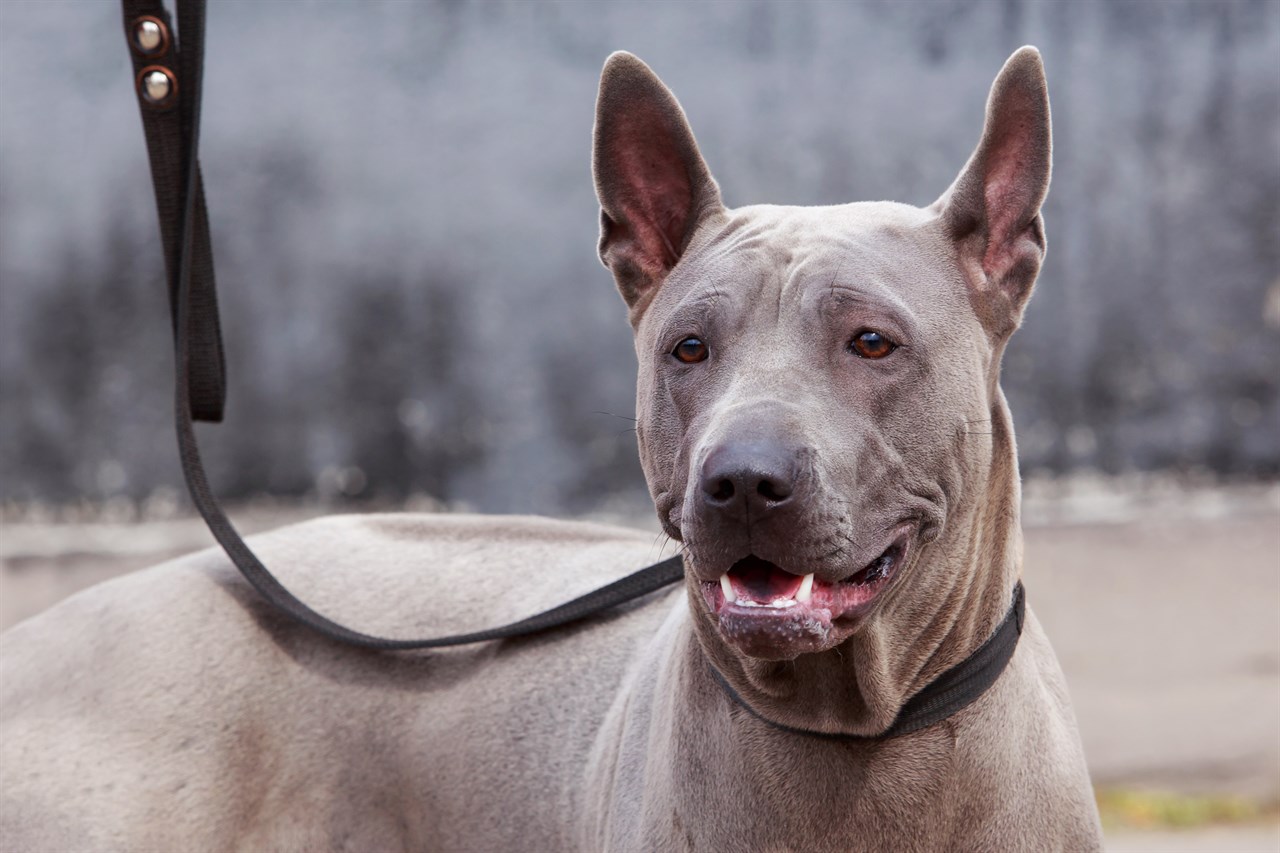Feeding Habits and Food Requirements of the Thai Ridgeback

Understanding the feeding habits and nutritional needs of your Thai Ridgeback is crucial for their overall health and well-being. Proper feeding can help ensure they have the energy, stamina, and vitality they need to thrive.
Age and Life Stage
Thai Ridgebacks, like all dogs, have different nutritional requirements at various life stages. Puppies require a balanced puppy food to support their growth and development, while adult dogs have different dietary needs. Senior Thai Ridgebacks may benefit from foods formulated to support joint health and address the specific needs of older dogs.
Quality Commercial Dog Food
Feeding your Thai Ridgeback a high-quality commercial dog food is generally the most convenient and reliable way to meet their nutritional requirements. Look for brands that list a named meat source as the first ingredient and avoid foods with excessive fillers and artificial additives.
Portion Control
Overfeeding can lead to obesity, which can be detrimental to your Thai Ridgeback's health. Follow the feeding guidelines on the dog food packaging or consult with your veterinarian to determine the appropriate portion size based on your dog's age, weight, and activity level.
Meal Frequency
Thai Ridgeback puppies typically require more frequent meals, usually 3 to 4 times a day, to support their rapid growth. As they mature, you can transition to 2 meals a day for adult dogs. Be consistent with meal times to establish a routine.
Fresh Water
Always provide your Thai Ridgeback with access to fresh, clean water. Proper hydration is essential for digestion and overall health.
Avoid Table Scraps
While it may be tempting to share your food with your Thai Ridgeback, it's best to avoid feeding them table scraps. Human food can be too rich or inappropriate for dogs and may lead to digestive upset or nutritional imbalances.
Special Dietary Considerations
Some Thai Ridgebacks may have food sensitivities or allergies. If you notice any signs of digestive issues, skin problems, or allergies, consult with your veterinarian to explore dietary changes or specialised diets.
Dental Care
Dental health is crucial. Incorporate dental care into your Thai Ridgeback's routine by offering dental chews, brushing their teeth regularly, or providing dental-specific diets or treats.
Weight Management
Keep an eye on your Thai Ridgeback's weight. If you notice weight gain or loss, adjust their portion sizes accordingly. Regular exercise and portion control play a significant role in maintaining a healthy weight.
Consult with a Vet
Your veterinarian is your best resource for understanding your Thai Ridgeback's unique dietary needs. Regular check-ups can help monitor their health and ensure they are receiving the appropriate nutrition.
In summary, providing your Thai Ridgeback with a balanced, high-quality dog food, proper portion control, fresh water, and attention to their specific life stage and health needs will help keep them healthy and happy. Regular veterinary consultations and monitoring of their weight and overall condition are essential for ensuring their dietary requirements are met throughout their life.
Thai Ridgeback puppies for sale
- Find Thai Ridgeback puppies for sale in ACT
- Find Thai Ridgeback puppies for sale in NSW
- Find Thai Ridgeback puppies for sale in NT
- Find Thai Ridgeback puppies for sale in QLD
- Find Thai Ridgeback puppies for sale in SA
- Find Thai Ridgeback puppies for sale in TAS
- Find Thai Ridgeback puppies for sale in VIC
- Find Thai Ridgeback puppies for sale in WA